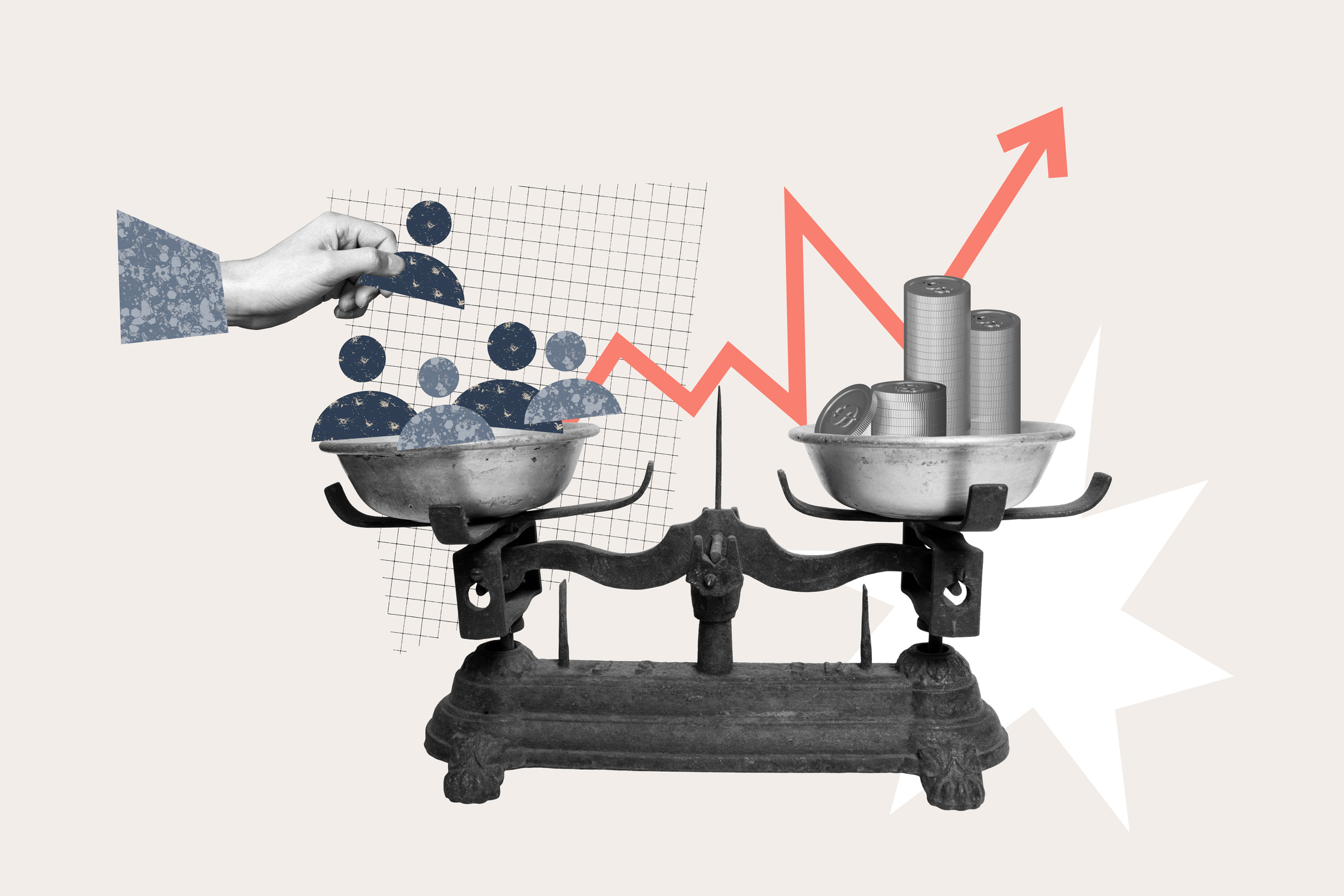Beside the fact a capital gains income tax is unconstitutional in Washington, imposing one would also be bad budget policy for the state. Washington currently has one of the most stable tax bases in the country (property taxes are very stable). A capital gains income tax, however, is one of the most volatile tax sources possible. To illustrate this fact, I would like to call California Governor Jerry Brown to the stand to testify:

Heeding Governor Brown’s warning about the volatility of capital gains, California voters in 2014 approved a constitutional amendment to restrict the use of capital gains for state spending.
Explaining the impact of the constitutional amendment the LAO said:
“This constitutional amendment separates state spending from the rollercoaster of revenue volatility. This measure takes capital gains revenues that make up more than 8% of the General Fund - the average for the last 10 years - off the table rather than being used for unsustainable permanent tax cuts or ongoing programs.”
The extreme volatility of capital gains income is well known throughout the country:
- California’s Legislative Budget Office (LAO) says: "Probably the single most direct way to limit the state’s exposure to the kind of extreme revenue volatility experienced in the past decade would be to reduce its dependence on the source of income that produced the greatest portion of this revenue volatility—namely, capital gains and perhaps stock options."
- More from the LAO: “California’s tax revenues have numerous volatile elements, but among the more significant sources of revenue volatility are the state’s tax levies on net capital gains through the personal income tax.”
- Standard & Poor’s (S&P) said in a national report: “State tax revenue trends have also become more volatile as progressive tax states have come to rely more heavily on capital gains from top earners.”
- The PEW Charitable Trusts recently said: “The problem for states trying to predict revenues is that stock market fluctuations and other cyclical events have a larger impact on incomes at the top, causing revenues from income taxes and capital gains taxes to vary widely from year to year . . . ‘One of the charges to the committee is to look at volatility,’ she said. ‘Certainly when there are capital gains there is roller coaster revenue coming in when people sell (stocks) and pay the capital gains tax. If you budget that way for the next year and it doesn’t happen, you have a deficit,’ she said.”
There was also this warning from the Washington Department of Revenue (DOR) on the 2012 capital gains income tax proposal (House Bill 2563):
“Capital gains are extremely volatile from year to year. Revenue from this proposal will depend entirely on fluctuations in the financial markets and can be expected to vary greatly from the amounts presented here.”
If enacted, Washington would be the only state in the country with a stand-alone capital gains income tax. Doing this would throw away what the state Department of Commerce says is not only a “competitive advantage” for the state but also "is great marketing" for Washington. If an income tax is imposed, Commerce warned that would mean "one less tool that we have in our economic development tool box.”
Not only is a capital gains income tax unconstitutional, adopting one would inject extreme volatility into the state’s budget. This could set up a constant push year after year to raise taxes even higher to balance the budget. Being unconstitutional and extremely volatile demonstrates a capital gains income tax is a true twofer of bad policy and should be rejected.
Additional Information
Which states don’t have a capital gains income tax?
Governor proposes 9% capital gains income tax
IRS letter to Rep. Newhouse on capital gains taxes
WA Department of Commerce: No state income tax "is great marketing" for Washington
Washington officials say no state income tax is competitive advantage
State Revenue Departments Describe Capital Gains Income Taxes






